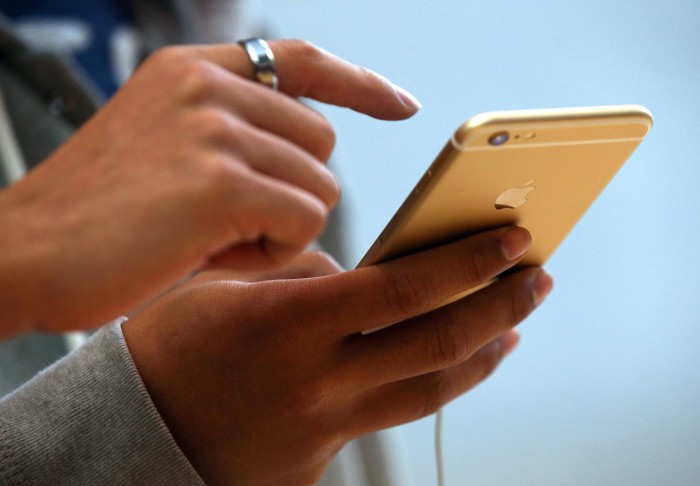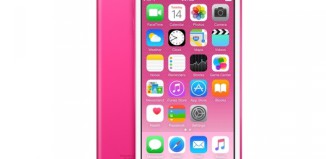$234 million for infringing patent ordered to pay by Apple
A U.S. jury on Friday ordered Apple to pay the University of Wisconsin-Madison’s patent licensing arm more than $234 million in damages for incorporating its microchip technology into some of the company’s iPhones and iPads without permission.
The sum was less than the $400 million the Wisconsin Alumni Research Foundation (WARF) was asserting in damages following the jury said its patent was infringed by Apple for enhancing the operation of computer central processing units. Apple said it might appeal the verdict, but declined to comment further.
WARF commended the verdict and said it was significant to safeguard the creations of the university from unauthorised use. “This decision is great news,” said WARF Managing Director Carl Gulbrandsen in a statement.
It was the next stage of a trial that started on Oct. 5. The jury was contemplating whether the A7, A8 and A8X central processing units, seen 6 and 6 Additionally, along with several variants of Apple violated the patent.
Jurors deliberated for about 3-1/2 hours before returning the verdict in the closely watched case in federal court in Madison, Wisconsin. It was the second period of a trial that started on Oct. 5. The jury was contemplating whether the A7, A8 and A8X chips, seen 6 and 6 Plus, as well as several variants of Apple violated the patent.
A lot of the dispute had to do with whether a particular part of the processors that have been put in apparatus sold abroad, rather than in America, additionally of Apple broken the WARF patent. The jurors discovered that they did.
Apple had sought to significantly restrict its responsibility, claiming before jurors that WARF deserved after suing that business in 2008 over an identical patent, less than the $110 million the foundation settled.
WARF uses a few of the income it produces to support research in the institution, doling out more than a year ago, according to its web site.
On Thursday, U.S. District Judge William Conley, who’s presiding over the case, ruled that Apple hadn’t willfully infringed WARF’s patent, removing an opportunity to triple the damages in the case.
Last month, WARF started another suit targeting apparatus, the iPhone 6S and 6S Plus and the organization ‘s latest processors, and iPad Pro.



